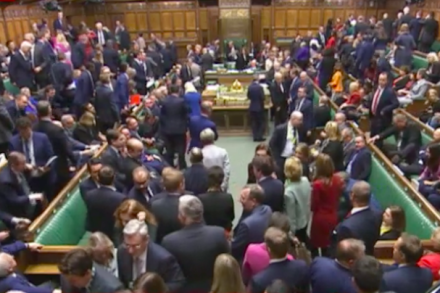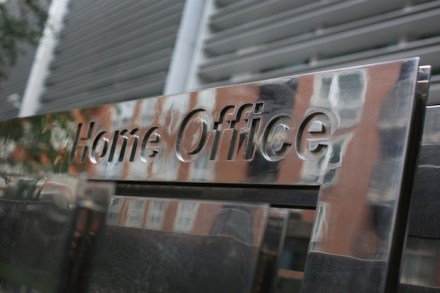Labour leadership contest: the state of the race so far
The candidates to replace Jeremy Corbyn have been busily launching their campaigns and giving political interviews this weekend, with the party deciding the rules for the contest at a meeting of its ruling National Executive Committee tomorrow. There are still a couple of candidates left to launch their official campaigns, including Rebecca Long-Bailey, who appears to have disappeared to a location far more secretive than any prime ministerial holiday, and Ian Lavery. But here’s what we know so far about each of the candidates: Keir Starmer: considered the frontrunner in the contest, the shadow Brexit secretary launched his campaign last night with a moving video. It was moving in the



















